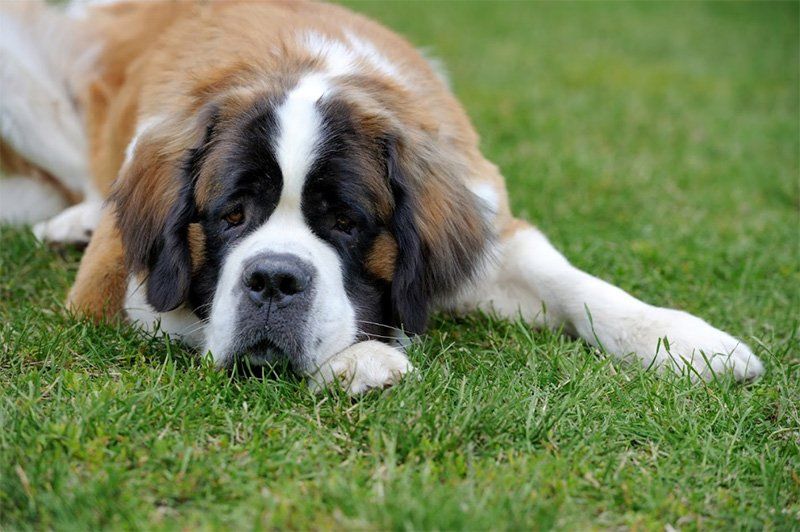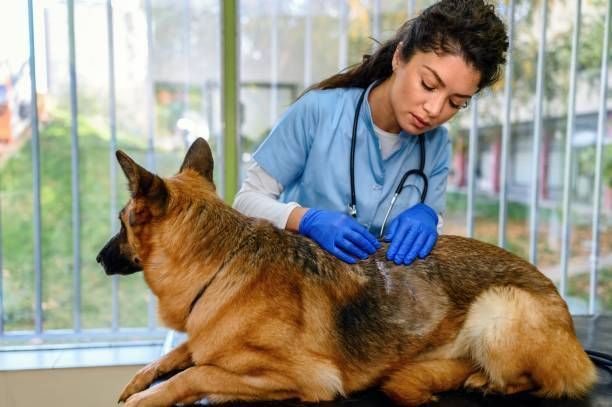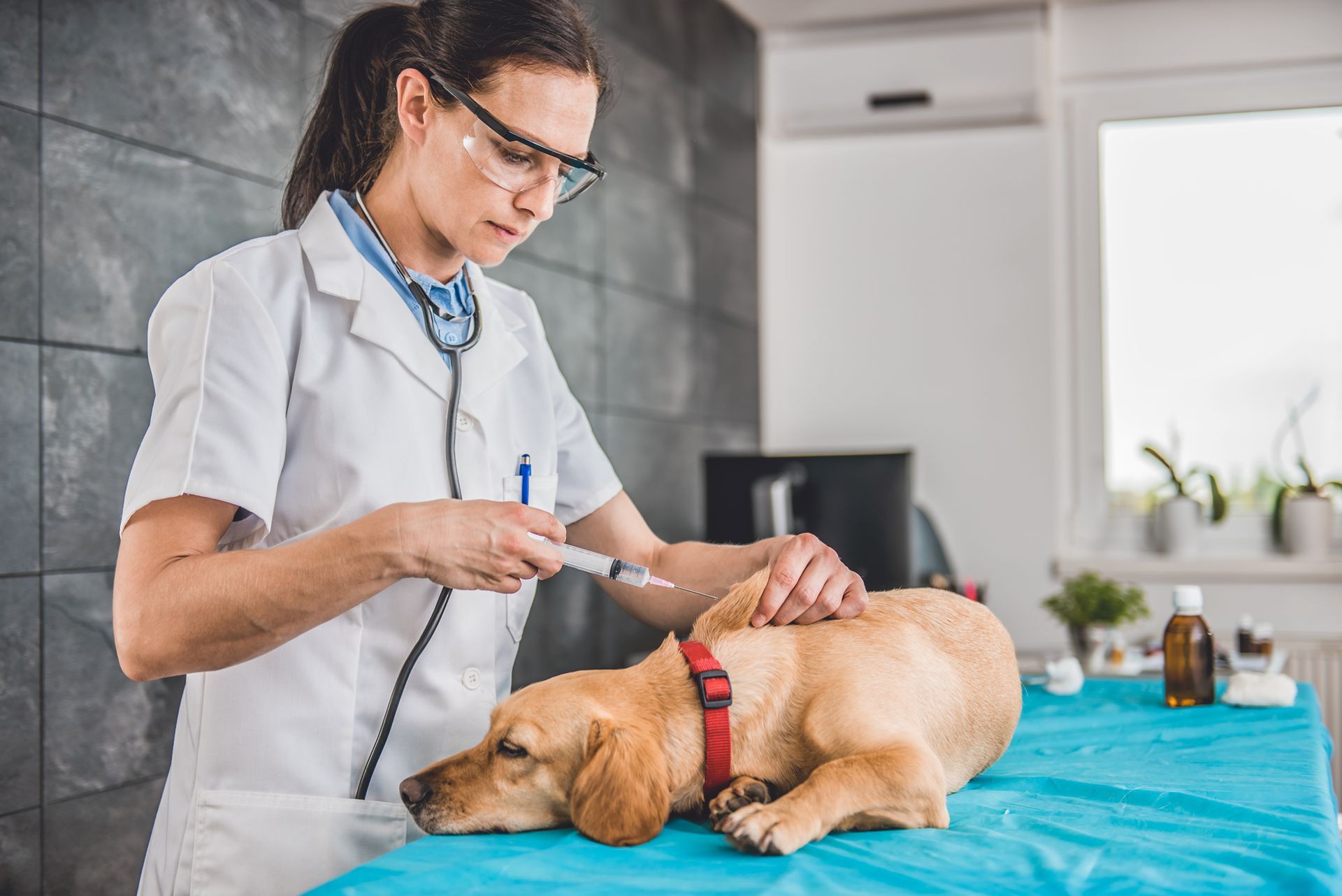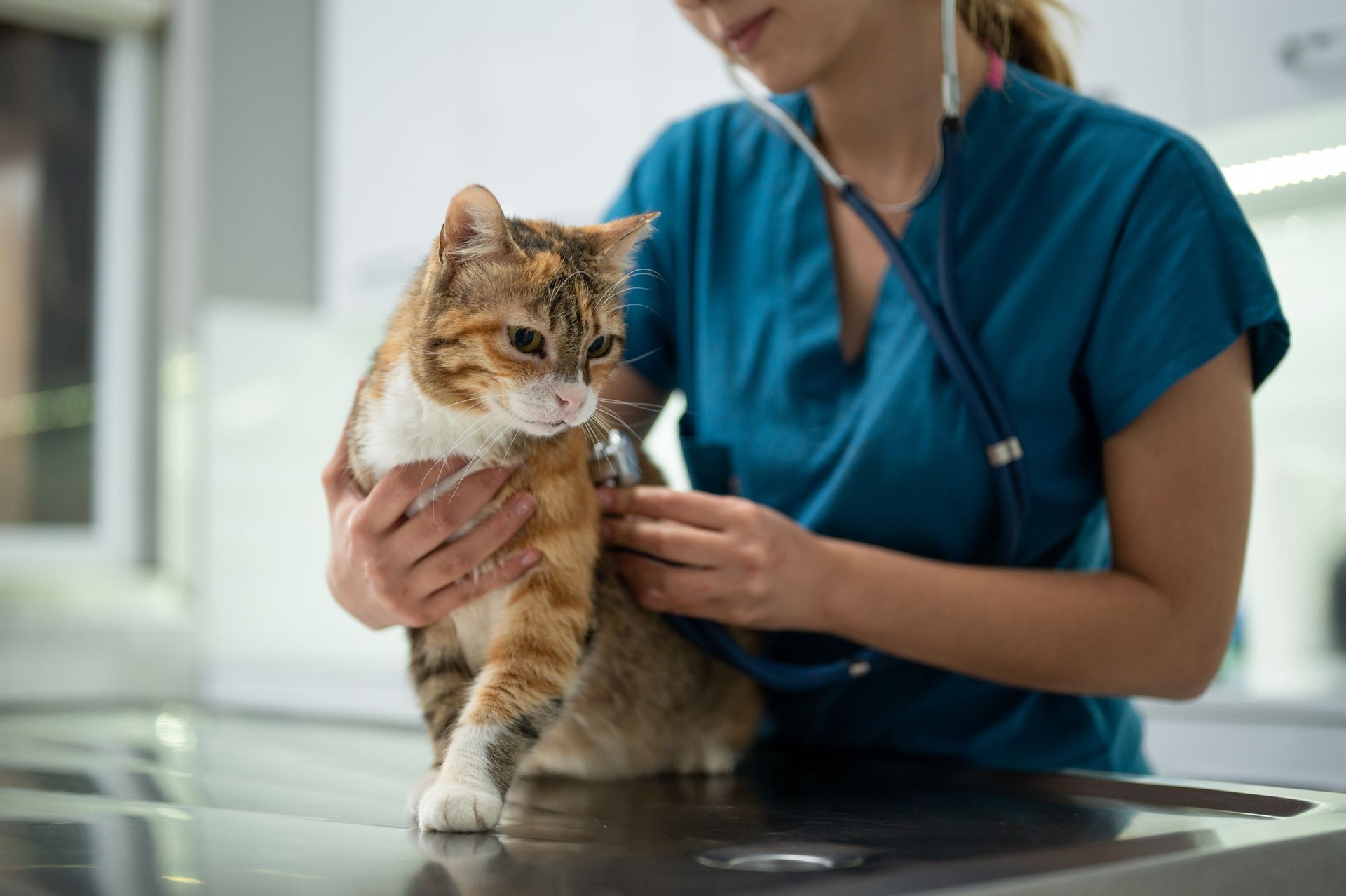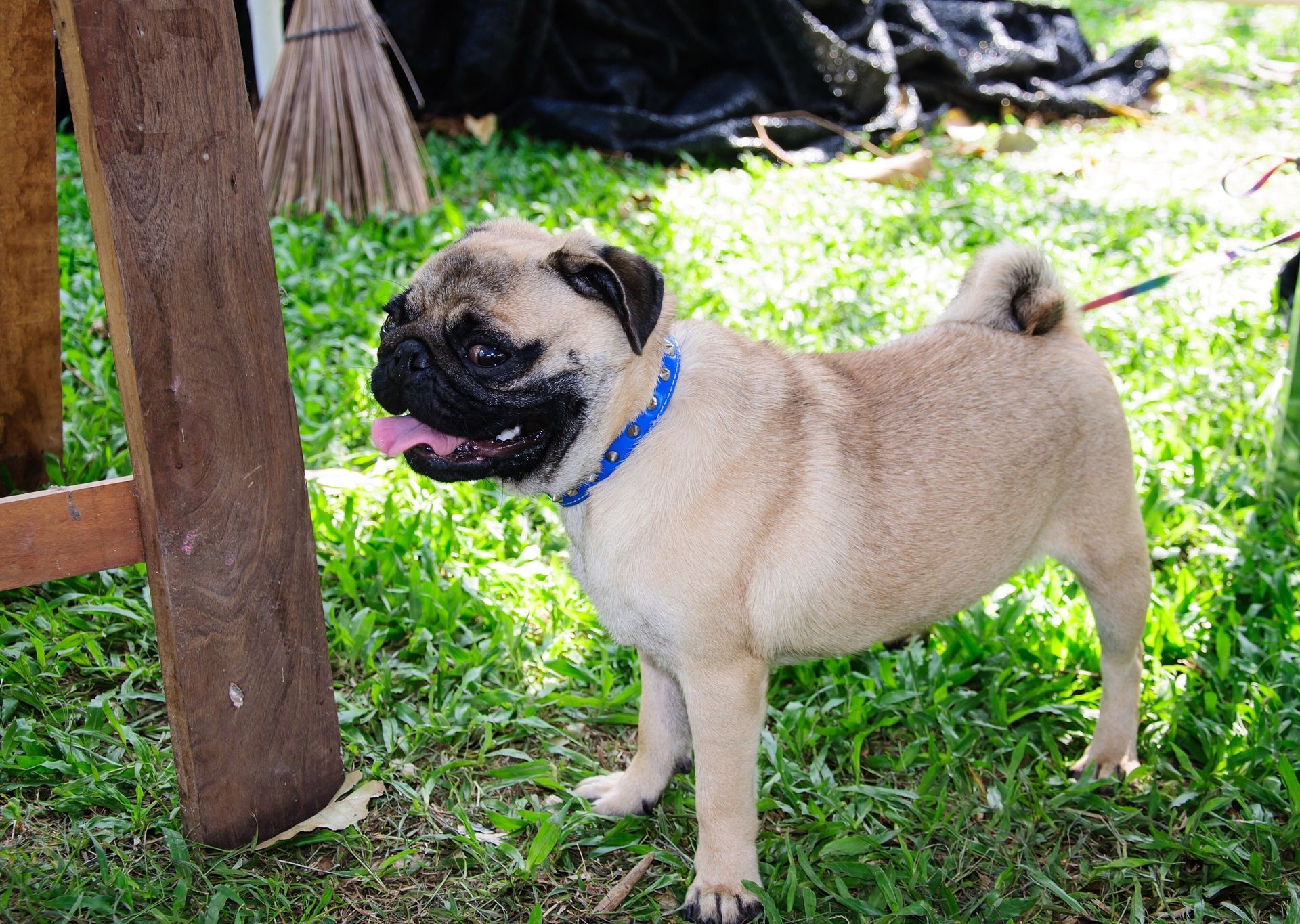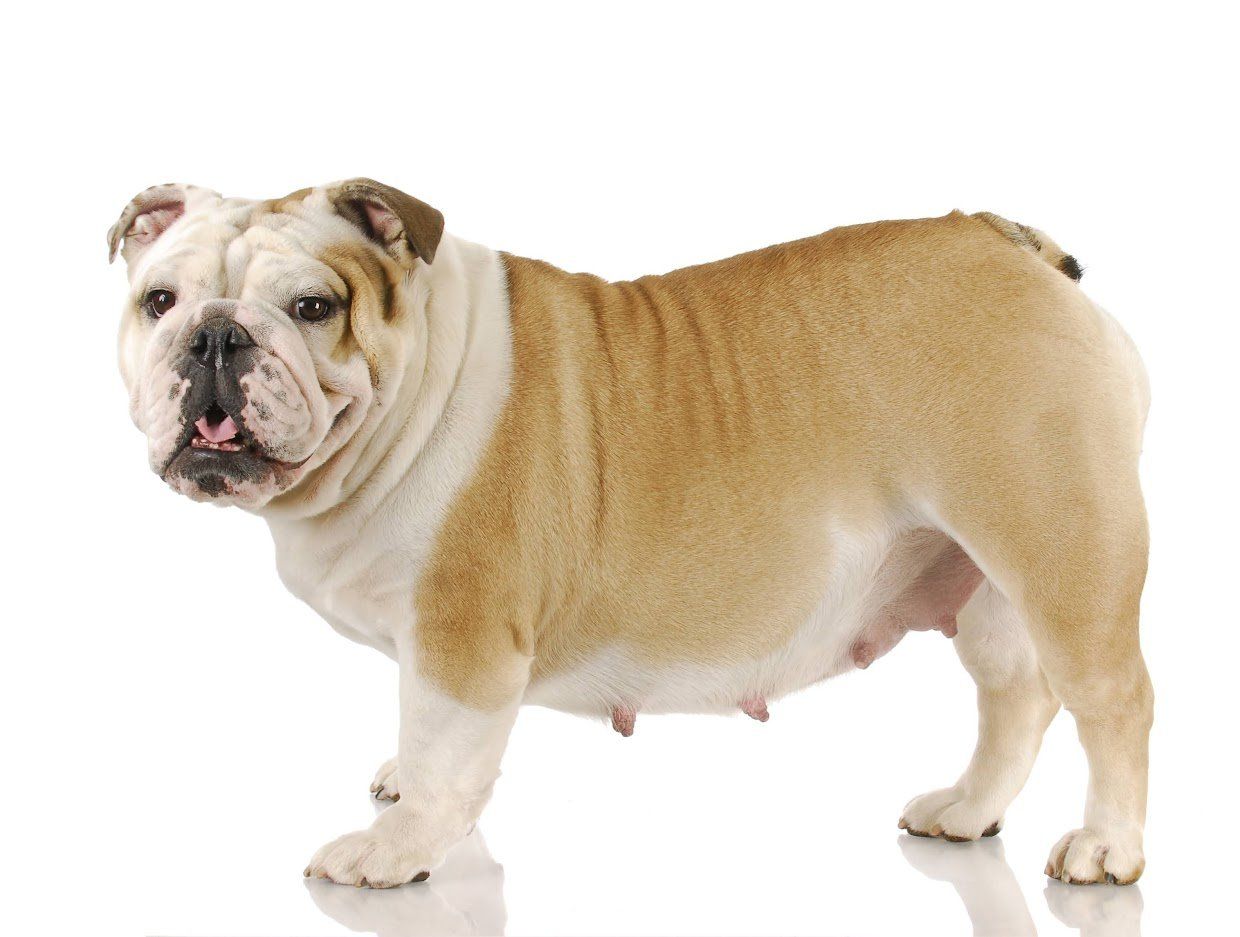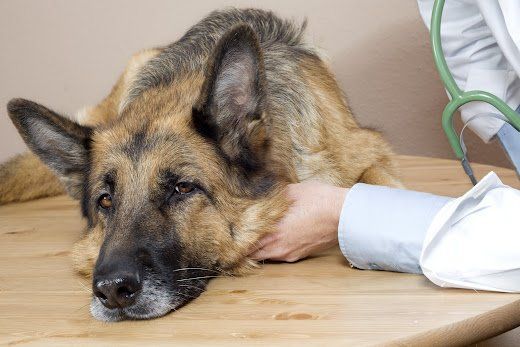Common Reasons Why Your Pet Is Refusing to Eat
You
may become concerned when your pet suddenly starts to eat a lot less
or stops eating altogether. Sometimes the reason for the change is
benign, and sometimes it is indicative of a serious problem. Because
all animals need to eat in order to live, you must take steps to
determine why your pet is not eating and know when to see a
veterinarian. Here are some of the top reasons why your dog or cat
may refuse to eat.
Their Teeth Hurt
When your pet has a broken or severely decayed tooth or infected gums, then eating becomes painful, especially if you give your pet a dry food diet. Your pet should have regular dental checkups to identify and prevent dental problems. Make sure you brush your pet's teeth with pet-specific toothpaste to help reduce the possibility of tooth and gum problems.
Their Stomachs Hurt
Gastrointestinal problems are not uncommon in dogs and cats, and many health issues cause stomach issues. Parasites and kidney diseases are two of the most common causes of stomach problems, but medications and food allergies are also contributors. Signs of stomach upset include vomiting and diarrhea as well as weight loss. Take your pet into a vet if they have these symptoms.
They Don't Like Their Food
Some pets are simply picky eaters by nature and will turn their nose up at just about any food. Other pets get bored if they've been eating the same food for a while. If you don't give treats right now, then try to reasonably incorporate them into your pet's diet. Try adding food with strong, attractive odors to your pet's existing food occasionally, and ask a vet what foods are best for your pet.
Their Food is Spoiled
Pet food has an expiration date and many pets won't eat their food if they sense even a hint of decay. Also, if your pet's food has any type of insect contamination, such as ants, then they may not eat that as well. Try to keep pet food well-sealed and don't buy more food than they can eat before the expiration date.
They Don't Like Their Bowl Location
If your pet's bowl is in a busy area, or, in the case of cats, too close to the litter box, then they may refuse to eat from it. Likewise, if you've had the bowl in the same location for a long time, then suddenly change where it is, then that, too, can throw your pet off their food.
They Get Too Many Treats
Most pets love treats, but try to limit treats to special activities and events such as training or as a reward. Treats, including human food, are often high in calories or fat, so they can cause weight gain and health problems if used too often. Plus, just like with humans, too many snacks between meals throws their appetite off.
Their Environment Changed
If you are traveling, then food refusal from your dog or cat is perfectly normal. Many pets get distressed when moving to a new location. Some pets also get travel sickness and nausea as well. Likewise, if you have recently changed home's activities or routine, then that, too, may cause appetite problems.
They Are Aging
Some pets have a natural decline in appetite as they get older, but they should not stop eating altogether. If your older pet is eating so much less that they are losing weight, then see a veterinarian to check for health issues.
If you have checked over the situations above and you are still not sure why your pet is not eating, then you should bring your pet in for a veterinary checkup. Baywood Animal Hospital offers comprehensive veterinary services, so we can give your pet a full examination. We even have dentistry and nutritional services if those are determined to be your pet's issue. Call us for an appointment at your convenience.

